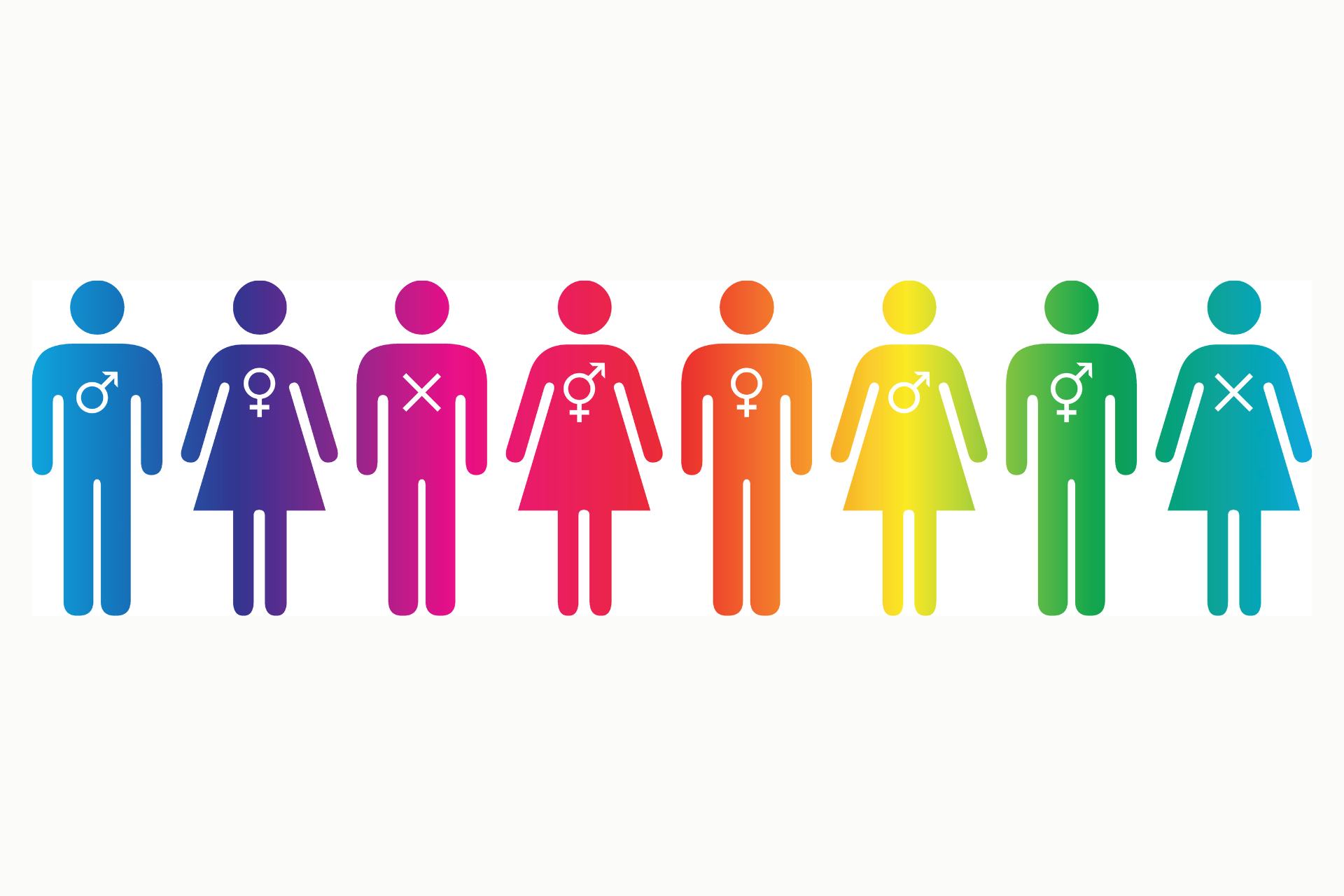Over the last few years of this pandemic, we all had a lot of alone time – time for isolation, for contemplation, for introspection. The slow-down allowed for folks to be alone with their thoughts without as many distractions. For some, there was also the added benefit of not being around societal pressures. This opened space for self-exploration to include authenticity to oneself and their experience without those social barriers. It is no surprise to me that in my clinical work I found that more people finally had space to consider and question their gender.
Now, I want to name a few important things before delving deeper:
- Questioning your gender is not a shameful or bad thing.
- Gender has a long history of including more than cisgender/binary narratives.
- Questioning your gender does not automatically mean that you are not cisgender, rather it means you are intentionally exploring your authentic self.
- Understanding your identities (professional, sexual, etc) is a lifelong process, and your gender identity is no different. It is okay to take as much time as you need in your exploration.
- You can be gender-queer, non-binary, trans*, agender, or any other identity and want to physically transition – OR not want to. There is no requirement to take medical steps and be valid in your identity.
- Some people really love labels, as it allows for connection to others and a place to feel grounded. Others might feel limited by labels and will never use them. All people are valid whether they use a certain label, change their label, or do not use any labels at all.
Okay, back to it – you’re questioning your gender, but how do you explore it?
This is a great question! Gender is expressed through how you walk, style your hair, dress, speak, and so much more. This truly depends on what you are hoping to shift in your life to allow for more integration between your identity and your body. Here are a few examples:
- If you find that your pronouns do not fit you, you can experiment with trying other pronouns. This can begin by testing them out with those you trust.
- If you realize that you do not see a genuine “you” in the mirror with your current wardrobe, you can begin to explore clothing that might feel more affirming.
- If you recognize that there are parts of your body that you wish looked different, you can consider different affirming gear – such as chest binders, breast forms, packers, etc.
Beyond expression, you can also explore through connecting with gender expansive content. There are many resources that are accessible from books, e-books, creators, apps, and podcasts. Some gender-focused organizations also have amazing resources.
Having a therapist who is competent in trans* care is also critical. In therapy you can have more room to explore with someone who knows what it means to be affirming, understands how to hold space for dysphoria and euphoria, who can sit in the uncertainty with you, and – most importantly – will be able to name and challenge possible oppressive narratives that are often placed on those who are not cis-gender.
One last thing! There are many narratives that exist around the trans* experience, and I’ve noticed many people begin their exploration by looking at possible dysphoria (which is a feeling of discomfort that stems from a disconnect between one’s gender identity and their body). While it is important to recognize distress and discomfort in your experience, it is also important to take time to explore when you experience gender euphoria or times when you recognize that your gender is being affirmed. This euphoria allows for a deeper recognition in what your authentic and genuine self may be.
Resources:
Some definitions
The Gender Dysphoria Bible
More gender questioning articles:
https://dame.com/what-to-do-if-youre-questioning-your-gender-identity/
https://genderspectrum.org/articles/understanding-gender
Another gender-focused organization*
*Note – legal advice is not necessarily applicable to the US
If you’re interested in scheduling an appointment or you’d like more information, please call us at 1-844-QLC-TALK (1-844-752-8255) or email us here.
Publisher: Source link






